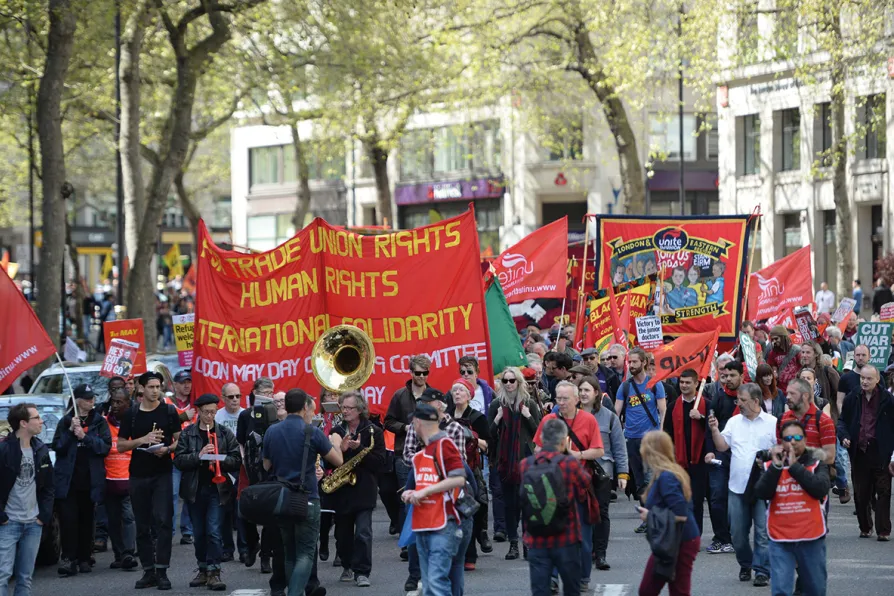ROGER McKENZIE looks at how US doublespeak on the ‘war on drugs’ is used to camouflage its intended grab for of Latin America’s natural resources

 The London May Day Organising Committee banner is carried aloft
The London May Day Organising Committee banner is carried aloft
ACROSS Britain, May Day will be celebrated after a year of massive trade union action and community protests.
May Day gives us the opportunity to celebrate those struggles and show support for the battles against the cost-of-living crisis.
Fighting the consequences of the cost of living increases and the economic system that creates it unites all of us — except the rich.

As global fascism grows, ROGER McKENZIE urges the left to reclaim May Day’s revolutionary roots — not as an act of nostalgia, but as fuel for building a ‘community of resistance’ against exploitation and the rise of fascism


Join the traditional march from Clerkenwell Green, which will bring together countless international workers’ organisations in a statement against the far right











